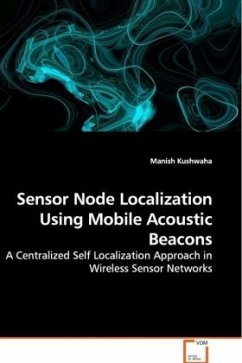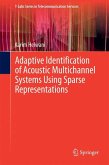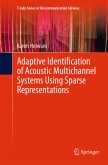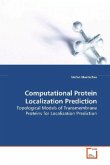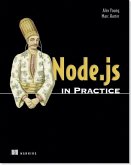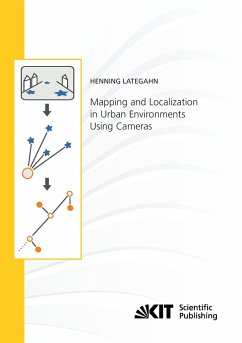In this monograph, we present a mobile acoustic
beacon based sensor node localization method. Our
technique is passive in that the sensor nodes
themselves do not need to generate an acoustic signal
for ranging. This saves cost, power and provides
stealthy operation. Furthermore, the beacon can
generate much more acoustic energy than a severely
resource constrained sensor node, thereby
significantly increasing the range. The acoustic
ranging method uses a linear frequency modulated
signal that can be accurately detected by matched
filtering. This provides longer range and higher
accuracy than the current state-of-the-art. The
localization algorithm was especially designed to
work in such acoustically reverberant environment, as
urban terrain. The algorithm presented handles non
Gaussian ranging errors caused by echoes. Node
locations are computed centrally by solving a global
non-linear optimization problem in an iterative and
incremental fashion.
beacon based sensor node localization method. Our
technique is passive in that the sensor nodes
themselves do not need to generate an acoustic signal
for ranging. This saves cost, power and provides
stealthy operation. Furthermore, the beacon can
generate much more acoustic energy than a severely
resource constrained sensor node, thereby
significantly increasing the range. The acoustic
ranging method uses a linear frequency modulated
signal that can be accurately detected by matched
filtering. This provides longer range and higher
accuracy than the current state-of-the-art. The
localization algorithm was especially designed to
work in such acoustically reverberant environment, as
urban terrain. The algorithm presented handles non
Gaussian ranging errors caused by echoes. Node
locations are computed centrally by solving a global
non-linear optimization problem in an iterative and
incremental fashion.

